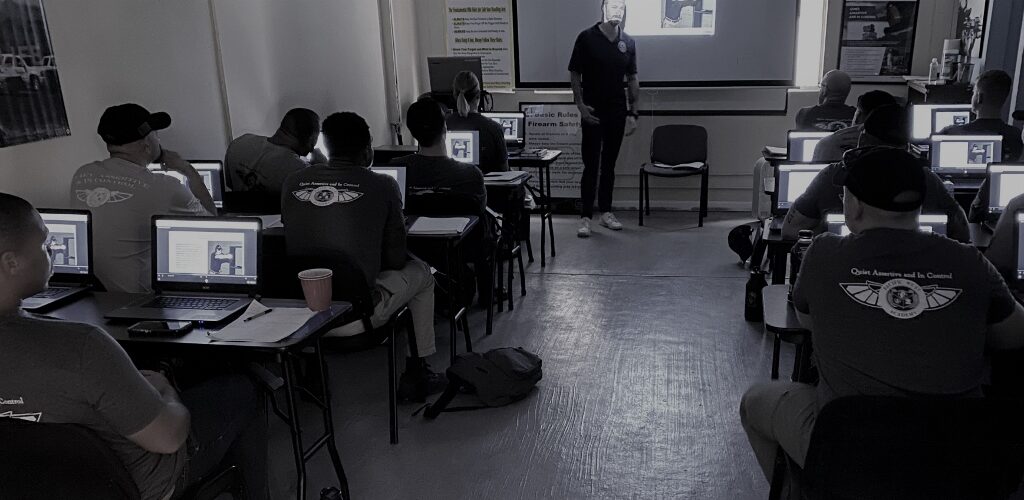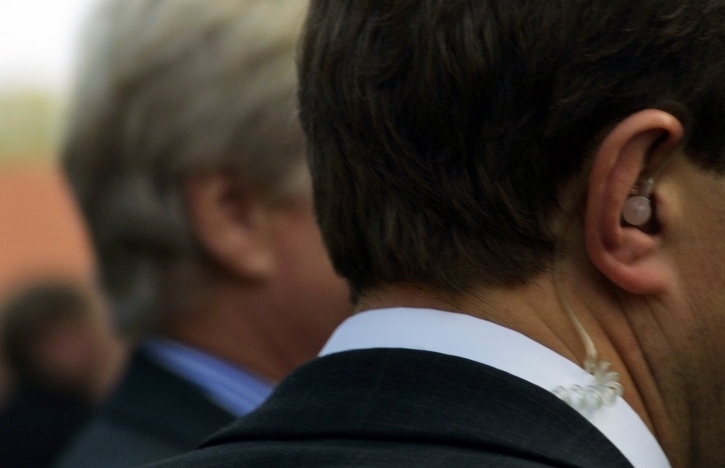

Protecting the CEO
The following article will describe the importance of executive protection to high net worth individuals:
In recent years, quite a few articles have been published about CEO protection and how much money different corporations spend on it. Forbes might have been the first to get this trend started with this (somewhat dated) article. CNBC discussed the issue back during the healthcare debate, and Fortune Magazine put out a piece about it a couple of years ago. But the champion in this field has to be Business Insider, which focuses primarily on the tech sector, and seems to enjoy the idea of ranking CEO security expenditure. They’ll occasionally even pick on specific executives, like Sergey Brin and Evan Spiegel.
The subject of corporate executive protection seems to have struck a certain chord with the general public in recent years, and this, in my opinion as an industry professional, is a great thing. But unfortunately, pretty much every one of these articles (there are many more than the ones I’ve mentioned) has at least two general problems—one minor and one major.
The minor problem is that the figures they show for corporate expenditure on CEO protection all come from the Securities and Exchange Commission (SEC), since publicly traded corporations have to disclose annual security spending that exceeds $10,000. The issue here is that much, if not most, of the spending on executive protection comes from private accounts or family offices that are owned by the executives (and therefore don’t get to the SEC). This means the articles only give a partial (and in some cases, grossly underestimated) picture of the actual spending. I call this a lesser problem because it results from an insufficient amount of data, leading to wrong conclusions—which is an innocent mistake.
What I describe as a major problem are the not-so-innocent, false claims about the protection industry and the executives that employ it. It usually comes down to security being depicted as an ostentatious perk for corporate elitists, rather than an unfortunate necessity for people under a great deal of risk. I can maybe give the benefit of the doubt to those who don’t understand the subject of security risk management, but what’s inexcusable are the common implications that the executives who receive this type of protection only do so out of paranoia or delusions of grandeur (or both), and that there’s something sinister about the security industry.
Perhaps the worst article I’ve seen in this respect was the recent one by The Register, which goes so far as to rank executives on a paranoia scale (nominating Mark Zuckerberg for first place). This piece was so preposterous, and so intentionally insulting to executives and to the protection industry, that I felt I simply had to say a few things.
First, I want to address the idea that there’s something surreptitiously sinister about the high-level security that billionaire executives receive. To a certain degree, I get it. With so many movies and TV shows spinning ominous tales about it, it’s not surprising that lots of people believe corporate interests, wealthy individuals, and private security must, by definition, be up to no good. So let’s clarify a few things:
As private security professionals, our job is to protect our clients and their families. Many people might think that the CEOs of major corporations and billionaire tech moguls are somehow impervious to threats, as they sit in their well-secured fortresses. But I can tell you from experience that threats of physical harm (which are far from rare) affect these executives pretty much the same way they affect anyone else. Think whatever you want about the “lifestyles of the rich and famous,” but these people have jobs, families, and kids, and they worry about them just like the rest of us. Security professionals are simply there to keep them safe.
The security of our clients doesn’t require putting anyone else at risk. The best way to protect our clients is to ensure that the entire area is safe and secure—for everyone. “But what about cases where someone wants to harm your client?” you may ask. Well, there too, the best way to protect the client is either to avoid the area altogether or to ensure that the area is safe and secure for everyone—including those who want to do harm. On numerous occasions, I’ve had to jump in between clients, or members of the organization I was protecting, and those who were trying to harm or otherwise harass them. Harming those who want to harm our clients is an absolute last resort—and an extremely rare one at that. Physical harm to anyone almost always leads to bad press and damaged reputations, which no one wants. The ultimate goal is to make sure that no one gets hurt on either side. Many of the worst stalkers who threaten and harass executives are people who suffer from mental health disorders. Police officers will tell you that all it takes in many cases is to give the person some attention and sympathy, and I’ve been involved in cases where security professionals resolve very troubling situations with a long, friendly conversation. In some cases, it’s the security professionals who help the person get back in touch with their mental health professional, helping them to get their lives back on track.
The overwhelming majority of operators in the protection industry are honest, moral people. Most of us are military veterans, former or current law enforcement officers, firefighters, paramedics, and former government agents. We have families and children and friends, just like everyone else. Working in dark suits, maintaining a low profile or operating covertly doesn’t suddenly make you less of a good, moral person. You don’t hear me talk about this all that often, but values such as sacrifice, honor and service are extremely important to us. And the fact of the matter is that mean spirited or overly-aggressive individuals simply don’t fit into this type of environment.
As for the executives who employ us, many people tend to assume that these individuals must live in a bubble of security, or otherwise lead some kind of high-tech, James Bond villain lifestyle. Hollywood has definitely played its part in perpetuating this notion, but the funny thing about this hype is that the reality (or at least everything I’ve seen in over a decade) would both disappoint you and completely blow your mind at the same time.
I say “disappoint” only in reference to Hollywood’s glamorized depictions. In reality, it’s actually kind of reassuring to discover that some of the most famous and influential people on the planet lead largely normal lives. It may surprise many people to discover that multi-billionaires—some of whom head the largest and most important Silicon Valley corporations—drop their kids off at school in the morning, get their coffee at Starbucks and go home to their families at the end of the day, just like everyone else.
And though there are those who do indeed enjoy basking in their fame and fortune, most executives I know prefer to simply be left alone to live a quiet and normal a life. I can also tell you that most of the CEOs that are featured in the above articles were extremely reluctant when it came to implementing security measures, and many resisted it as long as they could.
However, since these individuals become so important to their organizations, and since they suffer from such elevated levels of risk, they had to accept their fate, and employ quite formidable protective measures. The irony in the above articles is that though they try to hype up and inflate the subject of security, the reality is that many executives receive a level of protection that far exceeds what you read.
To me, one of the most interesting things (even entertaining at times) comes from seeing the contrasts that exist within in the lives of many executives. For example, some of these individuals will go unprotected to their children’s school plays or to community center functions, but at other times be surrounded by advanced security technology and covert protection that exceeds what you see in most Hollywood movies. If you happen to find an irony or even a paradox in any of this, then let me welcome you to the crazy world we live in.
Much of what I try to do in my writing is share, demystify and better communicate what we do in the private security industry, so that non-security professionals can better understand it. Popular articles about executive security and close protection can be a great thing, but making purposely insulting claims about the industry and the executives who make use of it, only deepens the divide—making it less likely that anyone from the industry would be willing to collaborate and share their knowledge.
There’s no shame in not knowing something. All of us are ignorant about most things there are to know in the world. The awareness of one’s absence of knowledge is what’s known as Socratic Ignorance, and is the cornerstone of any honest attempt to gain more knowledge. This makes it all the more tragic when media outlets claim to know more than they do, insult those who do have the knowledge, and ensure that they—and anyone they reach—will remain in a state of ignorance.
At Pacific West Academy, our executive protection training will challenge you to become the best you can be.
